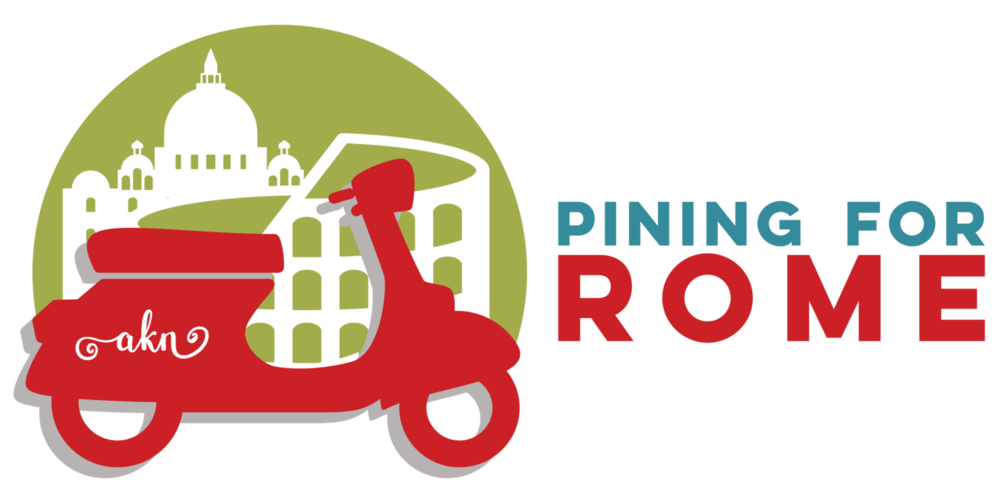This interview is from The Gypsy's Guide archives, and first appeared in December, 2008. I was feeling a little naughty, though, and what's better than Heather's book about the naughty side of the City of Light as part of Paris Week? Enjoy!
Heather Stimmler-Hall's book, Naughty Paris: a Lady's Guide to the Sexy City, debuted last fall and is a "specialty guidebook." Specialty guidebooks, sometimes called "secondary guidebooks," are those which focus on revealing a specific aspect of a place, in this case the erotic side of the City of Lights. The book's description reads, in part:
Heather Stimmler-Hall's book, Naughty Paris: a Lady's Guide to the Sexy City, debuted last fall and is a "specialty guidebook." Specialty guidebooks, sometimes called "secondary guidebooks," are those which focus on revealing a specific aspect of a place, in this case the erotic side of the City of Lights. The book's description reads, in part:
"Sure, there are plenty of books out there for “romantic” Paris. While they will tell you where to buy stylish clothes and designer perfume, Naughty Paris direct you toward luscious leather corsets and the sauciest, silkiest French lingerie. They list the family-friendly restaurants. We list female-friendly bars. You'll discover sexy hotels where couples ignite their passion, not extinguish it beneath girlish chintz and doilies."
Heather was on tour with Naughty Paris and was kind enough to answer a few questions...
 AKN: Did you always want to be a writer? How did you get started in writing?
AKN: Did you always want to be a writer? How did you get started in writing? Heather Stimmler-Hall: I was a writer as young as I can remember. I wrote poems, plays, stories, all sorts of things as a kid, then took journalism classes in high school and had an after-school job as the teen correspondent for the daily newspaper in Phoenix. When I went to college I actually majored in political science because I thought I'd be a White House journalist. I've strayed a bit, lol!AKN: What is the attraction of being naughty?
Heather Stimmler-Hall: Oh, I think it's in our genes, naughtiness. Anything that's "interdite" or otherwise off limits is fascinating. Everyone likes to rebel in their own way once in awhile. For some of us being naughty could be cozying up with a box of chocolates and a romance novel instead of working. ;) Being naughty on vacation is particularly attractive because we're less likely to get caught by anyone we know.
AKN: Tells us about the evolution of your book The Naughty Paris Guide. Where did the idea come from? How hard was the concept to sell to a publisher?
Heather Stimmler-Hall: I've been writing about Paris for over a decade and giving tours for four years, and so I had a lot of people asking me for this information which, as far as I could tell, only existed in French. I had the idea to do a guide to naughty Paris for years, but the idea for doing it as more of a light-hearted women's guide, something fun and sexy, not sleazy or seedy, was suggested by a friend of mine in 2004. It took me three years to finally write and produce the book myself (with a professional photographer and design team) after not finding a publisher willing to do it the way I thought was best. I'm a bit stubborn, but I've also been doing this for years for other publishers and sometimes I think I know better what tourists in Paris are looking for than the publishers in their New York offices do.
AKN: For someone who has never been to Paris, when would you say is the best time to visit?
Heather Stimmler-Hall: Anytime is a good time to come to Paris. But if you had the choice, come between late April and October. It's still fun in the winter, but just very cold and wet.
AKN: What is your favorite naughty place in Paris?
Heather Stimmler-Hall: I'm not sure I have a favorite naughty place...although I do go to the Bonheur des Dames soirée with my girlfriends a lot. It's fun, free, and there's complimentary food and drinks in addition to the male striptease show, ooh la la!
AKN: In this season of naughty and nice lists, which list would you rather be on?
Heather Stimmler-Hall: Oh, I'm actually a very nice girl, lol! Even though I wrote a naughty guide, it's easy to research things as a journalist, but in reality I'm actually very old fashioned. I like to go to dinner and a movie with my boyfriend, not swinger's clubs and fetish parties. Maybe some day, if we ever need to shake things up a bit, lol!
 AKN: What is the primary message you’d like your readers to take away from this book?
AKN: What is the primary message you’d like your readers to take away from this book? Heather Stimmler-Hall: That being a beautiful, sexy woman is more about your attitude than anything you wear. That men are more attracted to a woman who loves herself, who is confident and happy.
AKN: What’s next for you?
I'm looking for writers to do the Naughty London and Naughty New York guides!
Merci beaucoup, Heather!
Heather's book is called Naughty Paris: A Lady's Guide to the Sexy City


![Reblog this post [with Zemanta]](http://img.zemanta.com/reblog_e.png?x-id=53e7de58-2556-4b38-b346-0423b8cd6492)



![Reblog this post [with Zemanta]](http://img.zemanta.com/reblog_e.png?x-id=804eb41e-d060-400c-9f5a-7be4a860275a)



![Reblog this post [with Zemanta]](http://img.zemanta.com/reblog_e.png?x-id=f354070e-c2bb-41e4-94e8-2608588288a0)